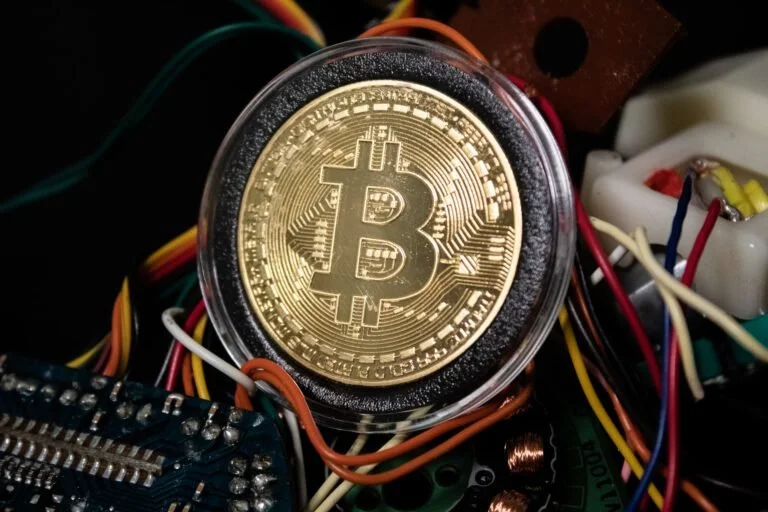Words of wisdom quoted on this day in history …
From the archive (14 Jan 2019)
Federal Reserve Policy Shift: Implications for Asset Markets
TL;DR: The Federal Reserve’s cessation of Quantitative Tightening signals a potential shift towards liquidity expansion, historically associated with improved asset performance (stocks, gold, and particularly Bitcoin). Investors should prepare for potential volatility, prioritize the allocation to scarce assets, and remain vigilant regarding domestic political developments which could introduce unforeseen systemic risks.
From the archive (9 Jul 2010)
Money or Currency: Why it Matters
For most of us, the terms "money" and "currency" are interchangeable. And in day-to-day life, that's perfectly fine. But understanding the difference between the two is becoming increasingly important, especially as Bitcoin gains traction. This isn’t just semantics; it has huge implications for how we think about finance, policy, and the future of money.
Thoughts on Mindset and Learning
From the archive (21 Feb 2010)
From the archive (8 Nov 2008)
Self Custody (MultiSig) - PART 3
We now direct our focus towards exploring the capabilities and benefits of MultiSig technology. By transitioning your attention to MultiSig, the aim is to further enhance your security. MultiSig minimises potential vulnerabilities and we are excited to delve deeper into the features and advantages that MultiSig has to offer, and we are confident that this strategic shift will contribute positively to your bitcoin security operations.













